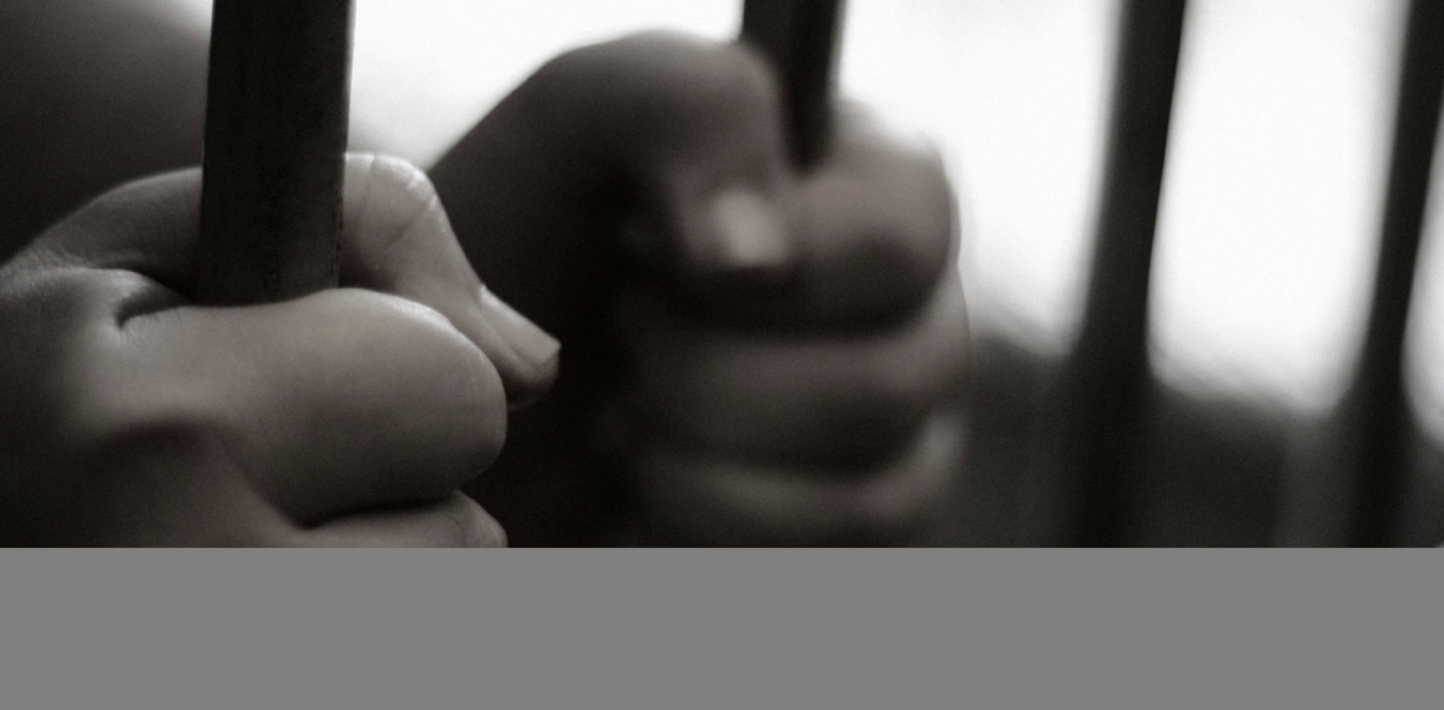The trial of 15 peaceful activists who have been held unlawfully for almost five months and charged with preparing “rebellion and a coup attempt” will be a crucial test for the independence of Angola’s judiciary, said Amnesty International ahead of their expected court appearance on 16 November 2015.
The 15 men were arrested and detained by Angolan security forces between 20 and 24 June 2015 in Luanda after attending a meeting to discuss politics and governance concerns. Amnesty International considers them to be prisoners of conscience and it is calling for their immediate and unconditional release.
This trial will be a crucial test of the independence of the Angolan judiciary and an opportunity for it to show that it is impartial and beyond the influence of president José Eduardo dos Santos and his government
Muleya Mwananyanda
“The continued detention of the 15 activists amounts to a travesty of justice as they have been arrested solely for peacefully exercising their right to freedom of association and expression,” said Muleya Mwananyanda, Amnesty International’s Deputy Director for Southern Africa.
“The charges against them must be dropped and state authorities must ensure their immediate and unconditional release.”
The 15 were formally charged on 16 September 2015 with preparing a “rebellion and a coup attempt” against the president. Each charge carries a maximum penalty of up to three years in jail or a corresponding fine. They were charged along with two others who are not in detention.
The jailed activists were only officially informed of the charges after the 90 days of pre-trial detention allowed by law expired. The charges are deemed crimes against the security of the state.
The activists should never have been detained in the first place. Their continued detention is a sign of how far Angolan authorities will go to suppress dissent
Muleya Mwananyanda
Several members of the group went on hunger strike to protest against their unlawful detention. One of them, Luaty Beirão, continued his hunger strike for 36 days and his health remains in a fragile condition.
Amnesty International has repeatedly raised concerns about the lack of independence of Angola’s judiciary in the past.
“The activists should never have been detained in the first place, as they were peacefully exercising their rights to freedom of expression, association and assembly. Their continued detention is a sign of how far Angolan authorities will go to suppress dissent,” said Muleya Mwananyanda.
“Repeated calls for their release have gone unheeded. This trial will be a crucial test of the independence of the Angolan judiciary and an opportunity for it to show that it is impartial and beyond the influence of president José Eduardo dos Santos and his government.”
Background
The activists are being brought before the court for the first time since their arrest and detention almost five months ago.
They were detained for more than 90 days, in violation of Angolan law, without judicial oversight and without being formally informed of the charges against them.
All 15 co-signed a public letter on 27 October, alleging that some of them have been severely beaten by prison officials and subjected to other forms of ill-treatment and denied medical care while in detention.
Freedom of expression and peaceful assembly have been severely restricted in Angola recently.
Some of those who have challenged the government of President José Eduardo dos Santos have been subjected to extrajudicial killings, enforced disappearances, arbitrary detentions and torture.
Despite freedom of expression and peaceful assembly being clearly enshrined in the country’s constitution and in several international treaties that Angola has signed and ratified, violations of these rights continue to occur.
A recent case of a politically motivated trial in Angola was that of Jose Marcos Mavungo in September 2015. See https://www.amnesty.org/en/latest/news/2015/09/angola-conviction-of-jose-marcos-mavungo-a-blatant-violation-of-freedom-of-expression/


